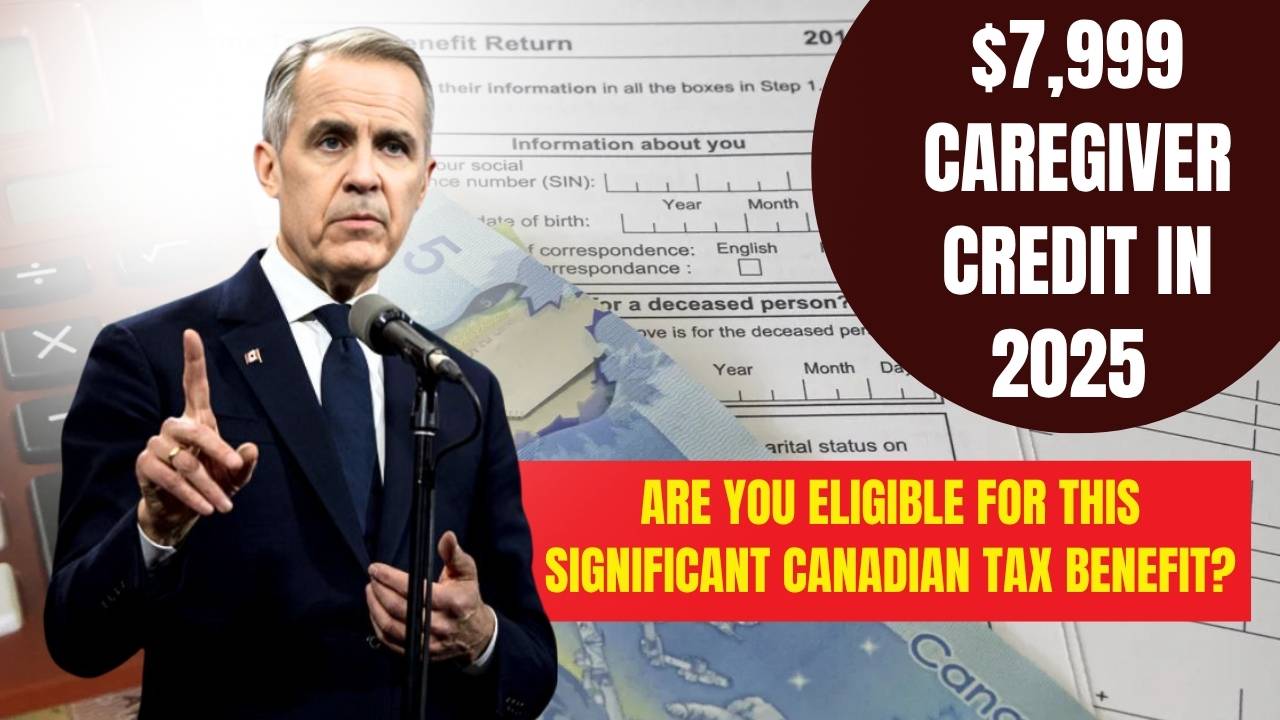Starting June 2025, the UK government will roll out an increase in the basic State Pension, setting the new weekly rate at £169.50. This adjustment is part of a broader strategy to support retirees amid rising living costs, especially for those depending primarily on state financial support. For many pensioners, this increase offers timely relief as essential expenses like groceries, rent, and utilities continue to climb.
The UK State Pension June 2025 update includes specific eligibility criteria. Not everyone will receive the full amount, as entitlement is based on age, National Insurance (NI) contribution history, and other personal factors. If you’re nearing retirement or helping a loved one plan for it, understanding the full picture is essential.
UK State Pension June 2025
The UK State Pension June 2025 changes apply to individuals who qualify under the basic State Pension rules. These are generally men born before 6 April 1951 and women born before 6 April 1953. The weekly rate of £169.50 is available only to those with at least 30 qualifying years of NI contributions. For those who don’t meet this threshold, a partial pension will be issued based on their contribution record.
Additional earnings-related pension schemes like SERPS (State Earnings-Related Pension Scheme) or S2P (State Second Pension) may provide more than the standard amount. Pensioners also have the option to defer their payments, potentially increasing their weekly amount by 1% for every 5 weeks they wait.
Overview of UK State Pension June 2025
| Feature | Details |
| New Weekly Pension Amount | £169.50 starting June 2025 |
| Eligibility Age | Men born before 6 April 1951, women born before 6 April 1953 |
| Required NI Contributions | 30 qualifying years |
| Partial Pension Available | Yes, for those with fewer than 30 NI years |
| Deferral Benefit | 1% increase for every 5 weeks of deferral (≈10.4% yearly) |
| Additional Pension Schemes | SERPS and S2P may provide higher payments |
| How to Check Forecast | Use GOV.UK Pension Forecast tool or contact Pension Service |
| Where to Apply | Online via GOV.UK, by phone, or post |
| Official Website | GOV.UK – State Pension section |
Who Qualifies?
Not everyone is automatically eligible for the full £169.50 per week. The amount you receive depends on both your birthdate and your National Insurance contribution record.
Age Rules
To qualify under the basic State Pension rules, your birthdate must fall before:
- 6 April 1951 (for men)
- 6 April 1953 (for women)
If you were born after these dates, you will fall under the new State Pension system, which has different criteria and payment structures.
National Insurance Contributions
To receive the full basic pension, you must have at least 30 qualifying years of NI contributions. These can include:
- Employment or self-employment
- Credited periods (e.g. for carers, job seekers, or maternity leave)
If you fall short of the required years, you may still receive a partial pension. You can also top up your record by paying voluntary NI contributions.
How to Check Your Pension Forecast
To find out how much State Pension you’re entitled to, you can easily access your pension forecast through the following methods:
- Online via GOV.UK
Use the State Pension Forecast tool to view your contribution record and estimate future payments. - By Phone
Contact the Pension Service for help accessing or interpreting your record. - Request a Statement
You can also request a written pension forecast by post or through the online portal.
Knowing your forecast will help you plan whether you need to make voluntary contributions or adjust your retirement timeline.
Additional State Pension
If you were employed before April 2016, you may have contributed to either:
- SERPS (State Earnings-Related Pension Scheme) – mainly for higher-income workers
- S2P (State Second Pension) – focused on middle and lower-income earners
These additional contributions could boost your weekly pension beyond the standard £169.50. Check your forecast to see if you’re eligible for this supplementary income.
Should You Defer?
Deferring your State Pension is an option that allows you to increase your weekly amount by 1% for every 5 weeks you wait to claim it. This roughly adds up to 10.4% extra per year if you choose to delay.
Deferral Might Be Right If:
- You’re still working and don’t need the pension right away
- You have other income sources
- You prefer a higher income later in life
Remember, deferring is voluntary and must be chosen consciously. It can make a significant difference in your total retirement income if planned wisely.
How to Apply
Applying for the State Pension is straightforward, and the process begins a few months before you reach pension age.
Step-by-Step Guide:
- Receive Invitation Letter
Around four months before you reach State Pension age, the government will send a letter explaining how to apply. - Choose How to Apply
- Online: Fastest method via the GOV.UK website
- By Phone: Speak with a representative to complete your application
- By Post: Fill out the claim form included in your invitation pack
- Online: Fastest method via the GOV.UK website
- Prepare Necessary Information
- National Insurance number
- Bank or building society details
- Records of additional contributions or deferrals
- National Insurance number
Submitting accurate details will help avoid delays and ensure your payments begin as scheduled.
Final Thought
The UK State Pension June 2025 increase to £169.50 per week is a welcome change for many retirees navigating high living costs. However, getting the full benefit requires meeting specific eligibility rules based on age and National Insurance history. Whether you’re approaching retirement age or already planning your finances, now is the right time to check your record, consider your options, and prepare for the future.For additional income, look into your eligibility for SERPS or S2P, and explore whether deferring your pension could be a beneficial strategy. Always use the official GOV.UK resources to track your forecast, apply, and ask questions. A little planning today can ensure a more stable retirement tomorrow.
















